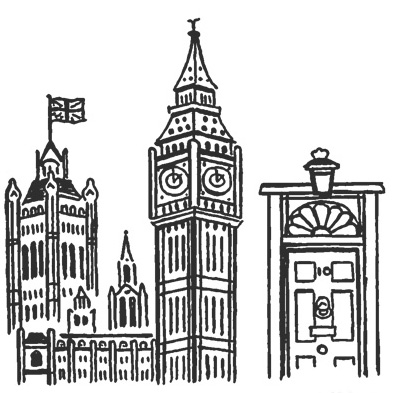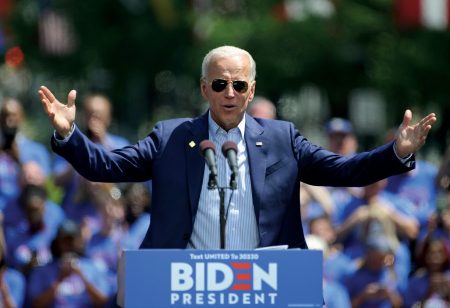I’ve experienced the world of government communications from multiple different angles over my career. As a staffer in Conservative Central Office, I worked alongside department comms teams. As a journalist on the Mail for 12 years, I spent hours trying to extract information from unenthusiastic press officers. Then over the last eight years as a communications consultant, I had central government departments as clients.
So I was fascinated to read about Dominic Cummings’ reported plan to streamline government communications teams, with the apparent intention of cutting the numbers in any one department to an average of 30. Given that some currently have around 300 people working in marketing and communications, this would be a significant contraction as well as a further shift of power towards the centre, mirroring the process that has already taken place with special advisers.
With some of my former hats on, I have sympathy with those who want reform. When I was a journalist, many of my interactions with departmental press offices involved their determination not to answer my questions. It seemed hard to imagine that 300 people might be needed to achieve this. Then when I was a professional political communicator, I was often exasperated by the refusal of departmental press offices to join us in the trenches. More recently, as a consultant, it was noticeable that understanding of modern communications techniques was patchy across Whitehall.
Despite this background scepticism, I am concerned about some elements of the changes that are planned, if the reports about the scale of the reduction are correct. Whitehall departments are traditionally bad at communicating, partly because much of their activity is necessarily secret until the point at which it is announced. This has two negative effects. Firstly, perfectly good policies fail because they have been badly explained, while very bad policies are allowed to go ahead because they have not until too late been subjected to the scrutiny of those whose job it is to imagine the way they will be portrayed on newspaper front pages. It is hard to imagine that 30 press officers in a large department, who will be fully occupied with answering the queries of tricky and demanding journalists, will have much time to sit down with ministers and subject their policy proposals to tough questioning.
Secondly, if the limit of 30 applies to the full range of communications and marketing functions, as opposed to just the press office, that poses another real challenge. One of the trickiest but potentially most significant aspects of government is persuading, rather than forcing, people to do things. When many years ago I studied economics, human beings were seen as rational actors who made the right choices when presented with the facts. As humans, we know this is not the case, which is why most recent Nobel Prize-winning economists have been behavioural economists who allowed for the strange vagaries of human decision-making, and also explains the influence of the Nudge Unit in Downing Street.
But a solid understanding of behaviour change theory, and the flair to translate that into marketing campaigns that persuade us to modify our behaviour, is a very different skill set to that possessed by press officers trained to deal with Daily Mail hacks. So when Rishi Sunak wants to persuade us to spend our money in restaurants, or Matt Hancock would like us to wear masks in public places, they need advice from a different set of marketing professionals. I hope this group will not be included in the 30-person cap on numbers, because Whitehall would work much better if there were more people out there who understood the theory and practice of nudge.
Cummings and Boris Johnson understand that communications done well makes all the difference in government. I can see why they might not be happy with the status quo, but the question is whether the changes that they are apparently proposing will help or hinder this vital cause.
Ed Amory is managing director of Instinctif Partners, the communications consultancy. instinctif.com






